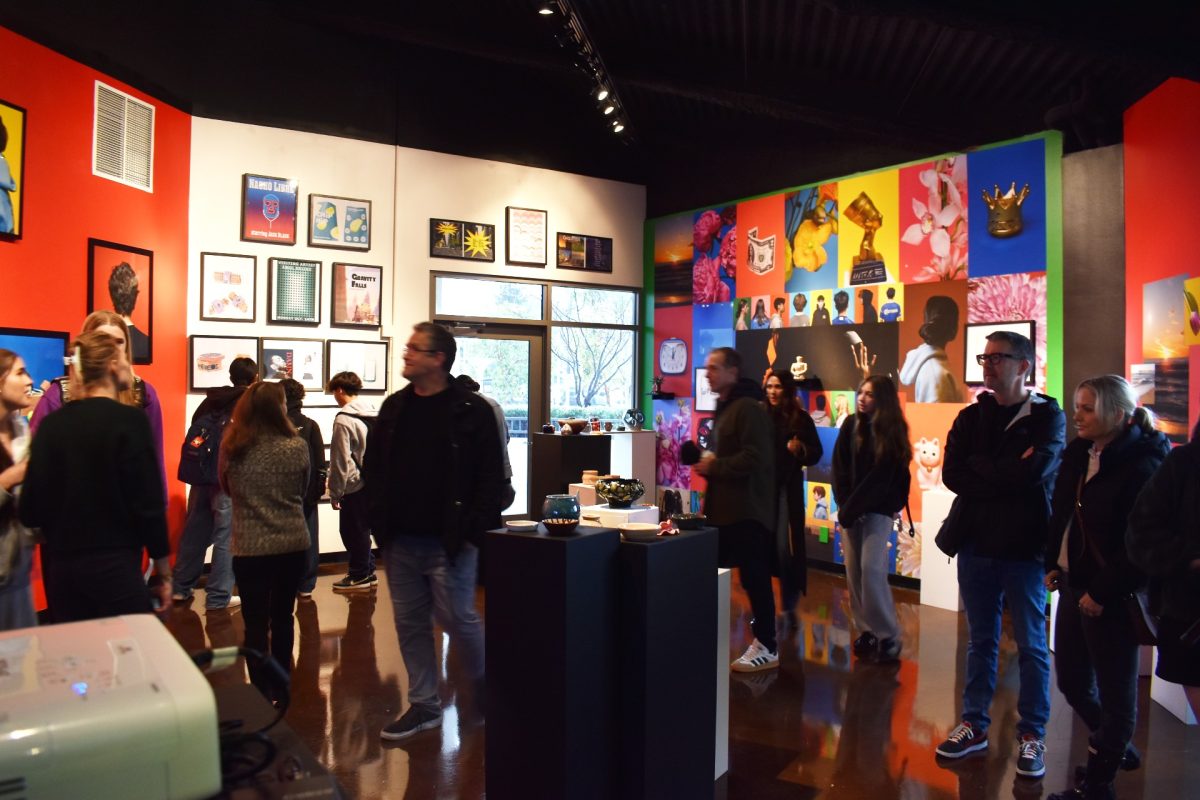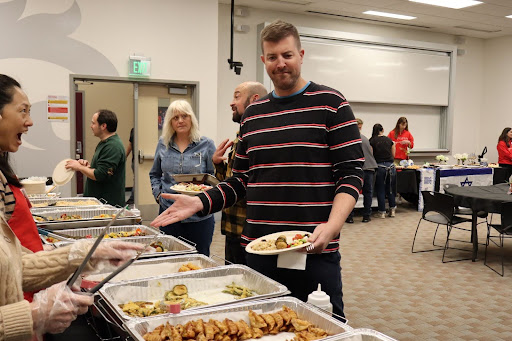Harvard Westlake (HW) Venture hosted a roundtable March 10, featuring two women in entrepreneurship: Anna Barber and Kalika Yap.
The event began with an opening by HW Venture member Sophia Rascoff’ 23 and introductions of both guest speakers, followed by a Q&A styled discussion.
Barber started in a very traditional field, having served as a corporate lawyer for 20 years. Recently, however, she has been investing in startups and helping other founders build their own companies.
Yap started her career as an entrepreneur 22 years ago by launching her first company. She also started a podcast called “The Wonder Podcast” in 2016 for the entrepreneurs organization where she provides content for women entrepreneurs. Yap has served as the president of the Entrepreneurs Organization here in LA and is now serving on the global communications team.
Both speakers then shared their thoughts in response to the main question of the Q&A, “Do you feel like you face gender inequality in your field?”
Barber said that she never viewed herself as a female founder but rather, a founder itself. She had always thought that women did have a space out in the world to do what they wanted. This mindset has allowed her to reach milestones despite the inequality between men and women in the business field.
On the other hand, Yap said she definitely experienced gender inequality as an entrepreneur. On several occasions, others underestimated her ability due to her gender. But, she didn’t let these judgements affect her.
Yap further suggested the importance of understanding the different behaviors between women and men in the work space. She recommends the book “What Got You Here Won’t Get You There” by Marshall Goldsmith, an American executive leadership coach and author where he focuses on behaviors that are male oriented.
The case that many face is a pipeline problem, where diversity initiatives fail because there simply aren’t enough skilled members of underrepresented groups, in this case women, was refuted by Barber. Barber said that to conquer this, one can broaden their network.
“When done, one finds that they can connect with groups different from their own, resulting with a much bigger range of people to work with, solving these issues of lack of diversity,” Barber said.
“There are structural systemic challenges in the industry that we need to continue to work on and continue to think about from all sides, at the industrial level and the founding level,” Barber said. “We’re all equally capable of doing any roles.”





